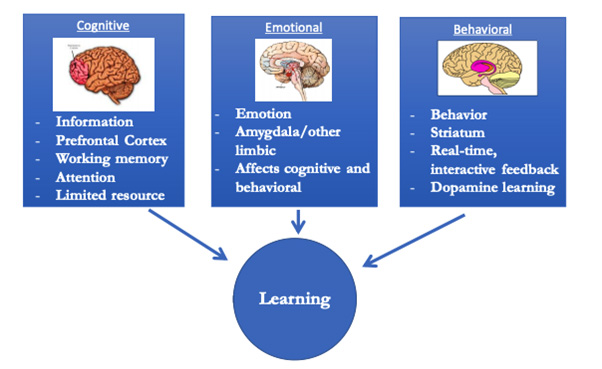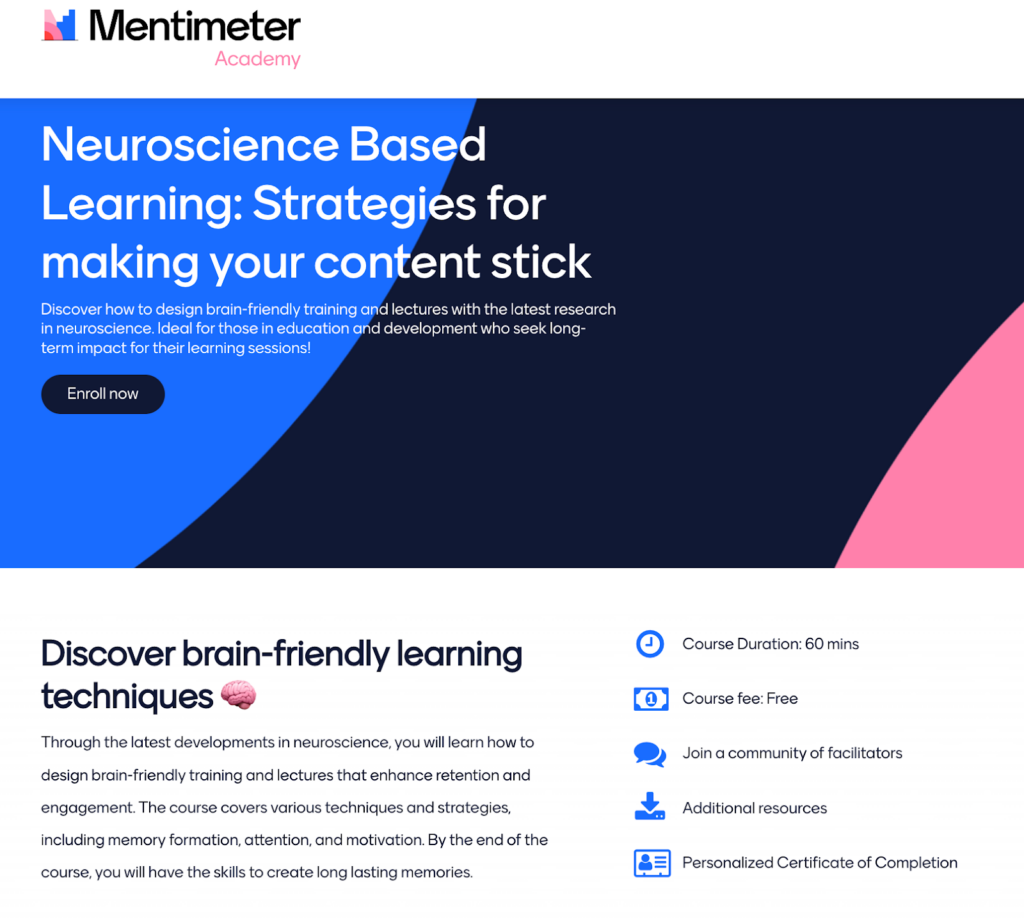Understanding Your Brain’s Learning Mechanisms
Learning isn’t a mystical process; it’s a complex interplay of biological and cognitive functions within your brain. Neuroplasticity, the brain’s ability to reorganize itself by forming new neural connections throughout life, is the key. This means your brain is constantly changing and adapting based on your experiences, thoughts, and actions. Understanding how your brain encodes, stores, and retrieves information is crucial to mastering the learning process.
The Role of Attention and Focus
Before any learning can occur, you need to pay attention. Attention isn’t just about passively observing; it’s an active process that filters out distractions and directs your cognitive resources to the task at hand. The more focused your attention, the stronger the neural connections related to the learned material will be. Techniques like mindfulness meditation can significantly improve your ability to focus and concentrate, enhancing your learning capacity.

Memory Consolidation: From Short-Term to Long-Term
Information initially enters your short-term memory, a temporary holding space. To move it into long-term memory, where it’s stored for later retrieval, a process called consolidation is necessary. This involves strengthening the connections between neurons through repetition, active recall, and meaningful association. Spaced repetition, a technique involving reviewing material at increasing intervals, is particularly effective for memory consolidation.
The Power of Active Recall and Retrieval Practice
Passively rereading notes or highlighting text is surprisingly ineffective for long-term retention. Active recall, where you actively try to retrieve information from memory without looking at your notes, forces your brain to work harder, strengthening the neural pathways associated with that information. Retrieval practice, a similar technique that involves testing yourself on the material, further solidifies your understanding and enhances memory.
The Importance of Sleep and Rest
Sleep is not just a time for your body to rest; it’s also crucial for memory consolidation. During sleep, your brain replays and reorganizes the day’s experiences, transferring information from short-term to long-term memory. Getting enough quality sleep is essential for optimal learning and cognitive function. Consistent sleep schedules and a relaxing bedtime routine can significantly improve your sleep quality.
Emotional Engagement and Learning
Your emotional state significantly impacts learning. When you’re engaged and interested in the material, your brain releases neurochemicals like dopamine, which enhance learning and memory. Finding ways to connect the learning material to your personal interests, values, or goals can boost your emotional engagement and improve retention.
Utilizing Different Learning Styles
Everyone learns differently. While there’s no definitive “learning style” that applies universally, understanding your preferred learning modalities (visual, auditory, kinesthetic) can help you tailor your learning strategies for optimal effectiveness. Experiment with different methods—visual aids, audio recordings, hands-on activities—to discover what works best for you.
The Benefits of Interleaving and Spaced Repetition
Instead of focusing on one topic at a time, interleaving involves switching between different subjects or concepts. This technique forces your brain to discriminate between different types of information, leading to improved long-term retention and a deeper understanding. Combined with spaced repetition, which involves reviewing material at increasing intervals, interleaving significantly enhances learning efficiency.
Overcoming Procrastination and Building Habits
Procrastination is a common obstacle to effective learning. Understanding the underlying causes of procrastination, such as fear of failure or perfectionism, is crucial to overcoming it. Developing effective study habits, setting realistic goals, breaking down large tasks into smaller, manageable steps, and rewarding yourself for progress can help you stay motivated and avoid procrastination.
The Role of Metacognition in Mastering Learning
Metacognition, or thinking about your thinking, is a critical aspect of effective learning. Regularly reflecting on your learning process, identifying your strengths and weaknesses, and adjusting your strategies accordingly, allows you to optimize your learning journey. Techniques like self-questioning and error analysis can enhance your metacognitive awareness and improve your learning outcomes. Read also about the neuroscience of learning.













